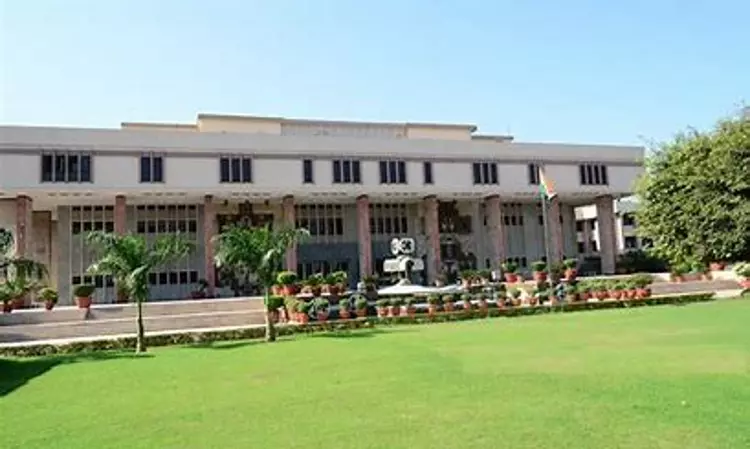Disputes Related To Lock-In Periods In Employment Contracts Are Arbitrable: Delhi High Court
Rajesh Kumar
13 July 2024 10:30 AM IST

Next Story
13 July 2024 10:30 AM IST
The Delhi High Court bench of Justice Prathiba M. Singh has held that disputes relating to lock-in periods that apply during the subsistence of employment contracts are arbitrable under the Arbitration and Conciliation Act, 1996. The High Court held that the three-year lock-in period did not constitute an unreasonable curtailment of the employees' right to employment and did not...
